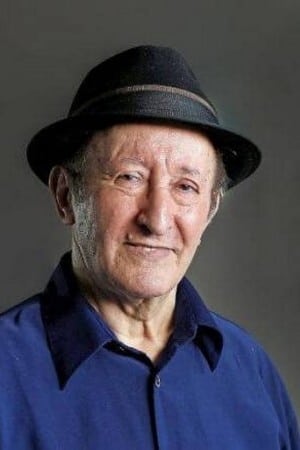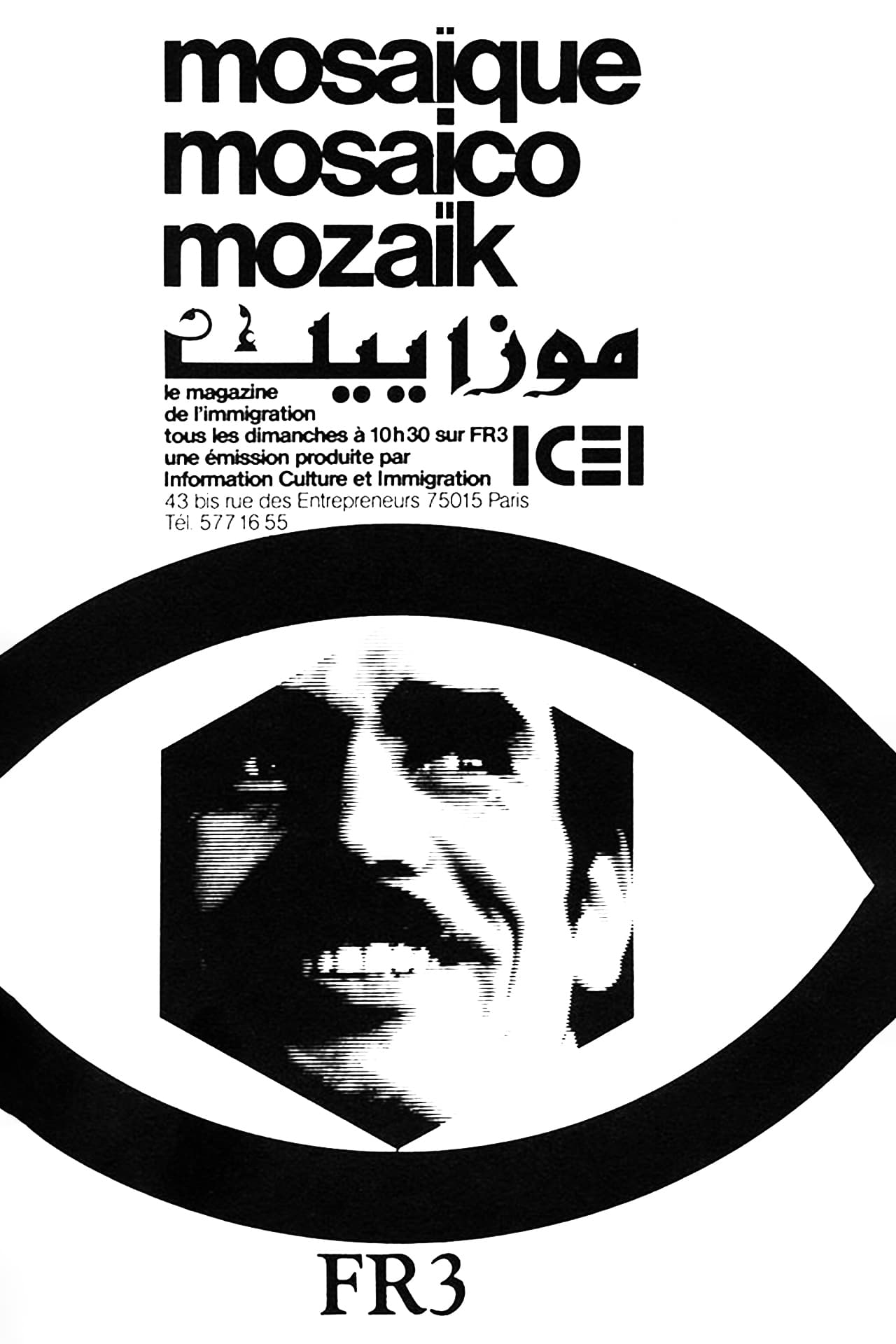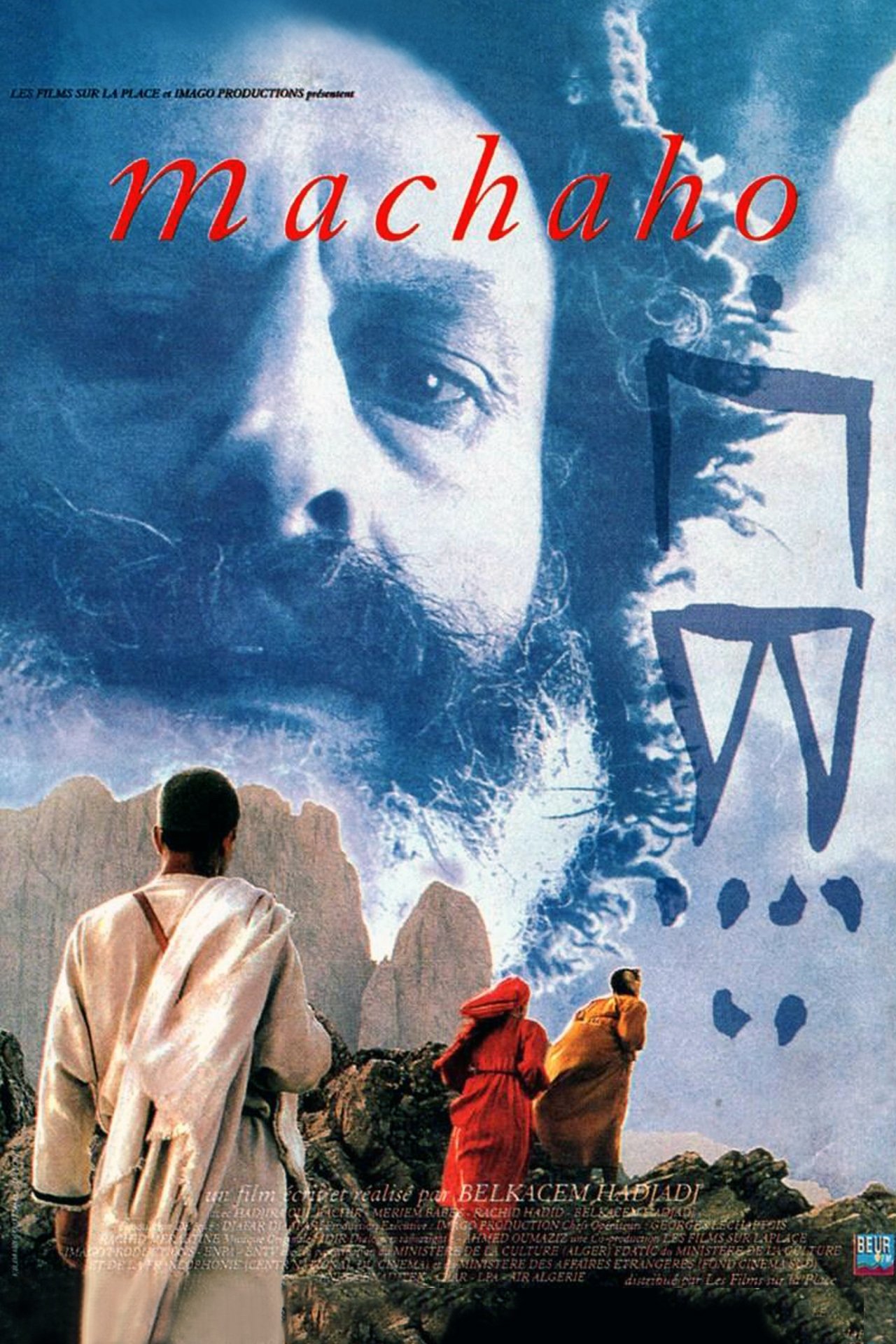
Idir
Hamid Cheriet (Kabyle: Ḥamid Ceryat; 25 October 1949 – 2 May 2020), better known by his stage name Idir, was a Kabyle Algerian singer-songwriter and musician. Referred to as the "King of Amazigh music", he is regarded as one of the most significant modern day figures in Algerian and Amazigh culture, history, and struggle. Initially training to be a geologist, his interest for music was piqued when he was called to sing on state radio as a late substitute. After finishing his compulsory military service, he moved to France in 1975 and embarked on his career in music. Idir took a hiatus during the 1980s before returning in 1993. He was a passionate advocate of the Kabyle and Berber cultures. Idir was born in Aït Lahcene, Aït Yenni, Tizi Ouzou Province (part of French Algeria at the time), on 25 October 1949. He originally studied to become a geologist and worked at an oil and gas field. In 1973, he was asked to be a late substitute for Nouara on Radio Algeria. He sang "A Vava Inouva", a lullaby that incorporated the "rich oral traditions" of his Berber culture. Although the song became popular, both in Algeria and abroad, Idir did not learn about this until after he finished his military conscription. In 1975, he left for France to begin working on his debut album, also titled A Vava Inouva. The title track was translated into seven languages and became a major success. Idir would later comment how "the song had chosen [him]". After releasing the album Ay Arrac Nneɣ, he took a break from writing music throughout the 1980s. Idir re-entered the music industry in 1993 when he released the album Les Chasseurs de Lumières ("The Light Hunters"). He became known as an ardent advocate of the Kabyle and Berber cultures. In 1995, he performed together with fellow Berber Lounès Matoub, who was murdered three years later. His 1999 album, Identités, featured him singing with Manu Chao, Dan Ar Braz, Maxime Le Forestier, Gnawa Diffusion, Zebda, Gilles Servat, Geoffrey Oryema, and the Berber National Orchestra. It was ultimately a widespread success. Idir's release of the album La France des Couleurs ("France of Colors") coincided with the 2007 French presidential election, in which Idir championed multiculturalism and immigration. He released his final album, Ici et Ailleurs ("Here and Elsewhere") in 2017. The following year, he returned to his native Algeria after being away for 38 years, since 1980. He held a concert there in support of the Algerian protests that eventually led to the resignation of President Abdelaziz Bouteflika. Idir died on 2 May 2020 in Paris at age 70. He had been suffering from pulmonary fibrosis and was hospitalized two days before his death. News of his death was first announced on his official Facebook page, apparently posted by his children. A message of condolence conveyed by Abdelmadjid Tebboune, the President of Algeria, via Twitter praised Idir as "an icon of Algerian art" and stated that the country had "lost one of its monuments". ... Source: Article "Idir (singer)" from Wikipedia in English, licensed under CC-BY-SA 3.0.






